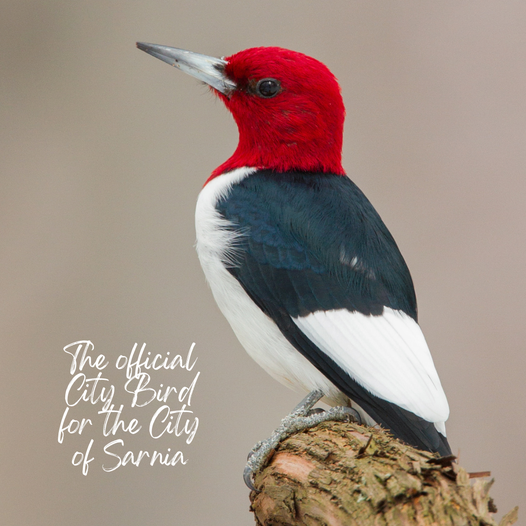What if the birds disappeared, as in, “extinct”?
How would we live without them?
Could we live without them?
How would we compensate for all the ways they contribute to a healthy planet by eating insects, pollinating plants, spreading seeds – the list goes on!
And could we bear the silence?
We need birds more than they need us. In addition to their vital roles in nature, we also need them to stimulate our visual senses as we watch them fly overhead or stop for a drink at our bird bath.
We need to hear their songs which have the surprising ability to calm our minds and promote a sense of well-being. Tragically, however, birds and birdsong have been diminishing for a long time along with other species and soundscapes of Nature as bird, insect and animal populations drastically decline.
We need birds but we humans are their worst enemies. Because of human activities that destroy natural habitat, bird populations are crashing. Nature Canada has stated that bird populations have dropped by at least 30% in just the last 50 years. And that steep decline is why we have a moral responsibility to do what we can to protect those that remain and allow them to continue to enrich the planet and our lives.
It was Rachel Carson’s 1962 book “Silent Spring” that galvanized Americans to demand action to curb the widespread aerial spraying of DDT pesticide. A friend of Carson’s had expressed concern about the number of dead birds on her property after DDT spraying. Carson had long been concerned by the increasing use of chemical pesticides on farms — chemicals which had been approved for use with little or no safety testing.
When DDT was eventually banned bird populations began to recover and a silent Spring without birdsong was averted. Fast forward to today and birds and insects are still at risk from other pesticides and from many other human-caused threats.
That is why Nature Canada is encouraging municipalities to take steps that will allow them to be designated as “Bird Friendly.” In S.W. Ontario, Windsor and London have met the criteria and locally “Bird Friendly Sarnia” a volunteer group of local birders, has asked City Council to endorse the city taking the necessary steps to become certified as a “Bird Friendly City.”
At the April City Council meeting, local birder John Cooke, representing Bird Friendly Sarnia, requested that the city dim lights on some city buildings for the week leading up to World Migratory Bird Day on May 11 and for the following week as well. This would raise awareness of the critical need to reduce light pollution which can disrupt bird migration at night.
The city was also encouraged to take steps to limit outdoor lighting on homes and buildings, to take measures to reduce window collisions and to restrict cat ownership to indoors. Such measures would significantly reduce bird deaths in our city. Encouragingly, Council passed a motion in support of these requests and requested that staff collaborate with Bird Friendly Sarnia along with the Environmental Advisory Committee and Bluewater Trails Committee.
I believe that the majority of people in Sarnia understand the value and importance of preserving and protecting Nature. The city and each one of us as citizens can take simple measures to reduce bird deaths and allow these important and beautiful creatures to continue to thrive.
Bird Friendly Sarnia can be found on social media. I commend the group for their passion and commitment and I hope that Sarnia will soon join Windsor and London in becoming certified as a “Bird Friendly City.” Our feathered friends will thank us!
Allan McKeown is a member of Climate Action Sarnia-Lambton
